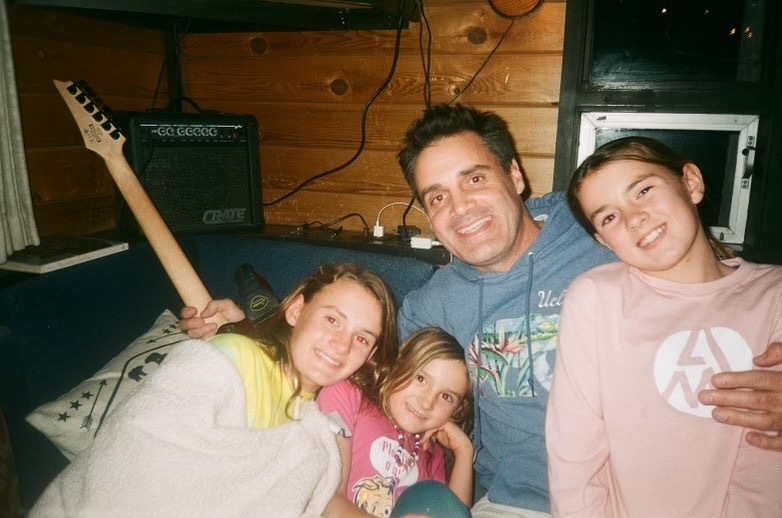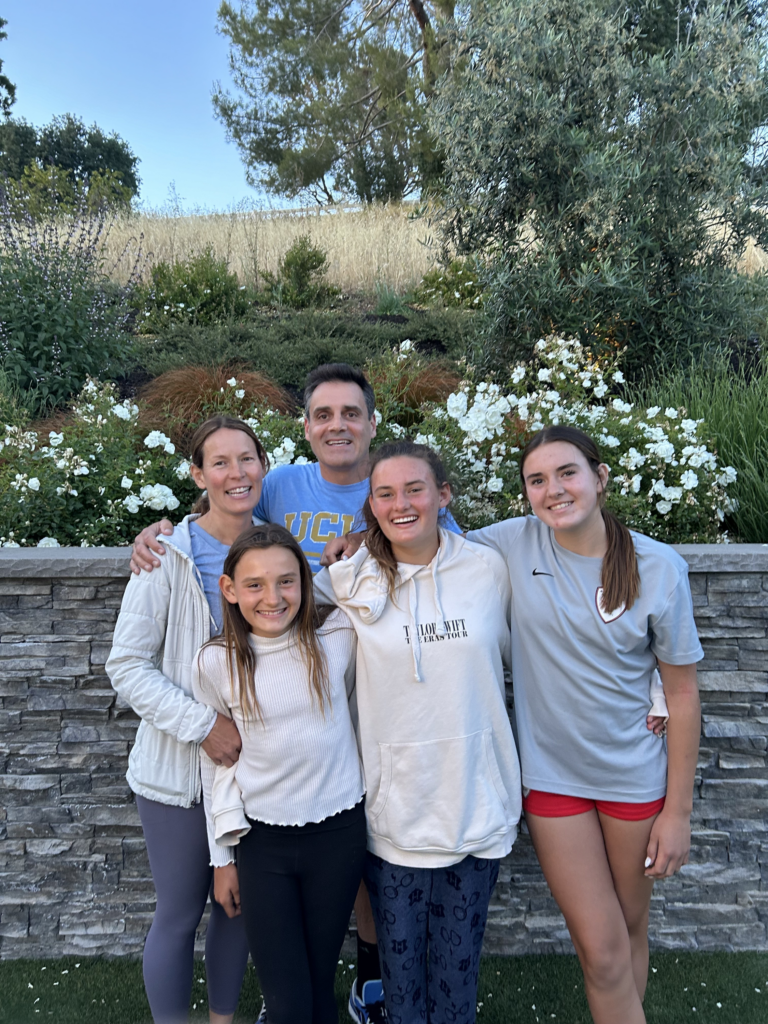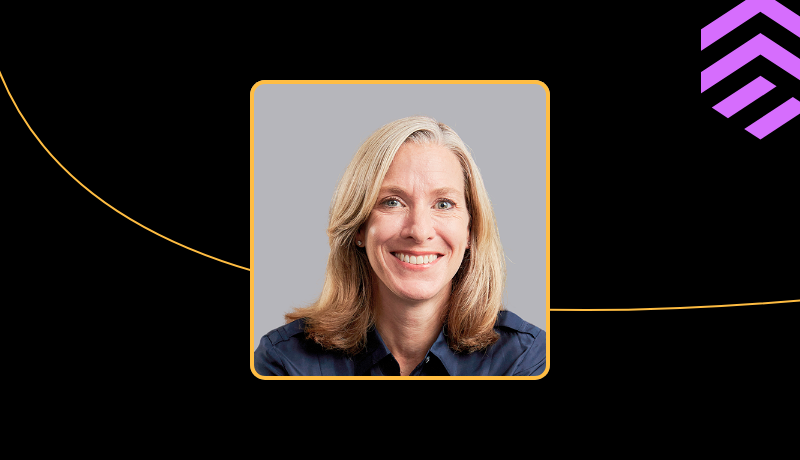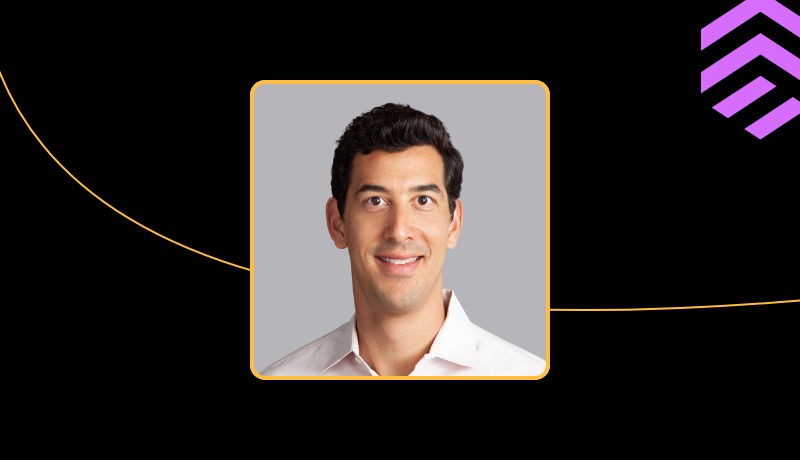What was your main motivation to join Ontra?
What truly drives me in my professional or personal life is human connection, working with a diverse set of people who have common goals. I find inspiration in finding those connections and leveraging the uniqueness of each one to make an impact in some way.
When I first met the Ontra team, I sensed right away, with literally every person I spoke with, that I had found my people. The hiring process was like a PR campaign targeted at me, and I sensed pretty quickly that my personal core values aligned perfectly with the business. It helped that a former colleague and good friend, Emma Vertigen, was already working here to validate my assumptions.
In addition to the immediate attraction to the team, I wanted to continue to make an impact in the legal tech community.
In your opinion, what sets Ontra apart in terms of delivering exceptional customer success?
Ontra as a company is incredibly focused, both in terms of product development as well as the industry we serve. This focus allows us to have a very similarly targeted Customer Success team. We’ve been able to invest deeply in product and domain expertise at Ontra. This, of course, translates to our CS team being able to have real empathy with our customers, to really understand their pain points and experience, well beyond the surface level. We understand the high-pressure, high-results world our customers are living in because the team has lived it.

How do you leverage customer feedback to drive product innovation and improve the overall customer experience?
Customer success should always be the loudest voice of the customer. The top priority of CS is delivering value, but that only comes through being an incredible listener first. It’s important that CS teams also understand there are often competing priorities and that sometimes, to cross the chasm and deliver accretive value, we can’t move every button for every customer. To complete the loop, customers need to have this same understanding. That prioritization — the what, why, and when — needs to be over-communicated to our customers.
Internally, the Product-CS relationship is critical, and the trust goes both ways. Product has to trust the CS team to accurately represent what customers are asking for. On the flip side, CS needs to ensure Product teams have direct access to customers, and trust that Product will hear their feedback and prioritize in a way that appropriately weighs customer feedback with strategic goals.
Easier said than done, but if you nail all of that, customer sentiment usually stays high even if you don’t deliver each and every feature customers ask for.
What advice would you give to our customers looking to make the most out of their partnership with Ontra?
Partnership is the key word. What I’ve seen at Ontra is a company full of accountable superstars who collectively believe in our mission. Our CS team is laser-focused on helping you work more efficiently and generate value for your business.
- Engage with your account team.
- Ask questions about our AI — it’s best in class, and we’re releasing new enhancements every week. It’s probably helping you today in ways you may not even know.
- Inform our product strategy and roadmap with your ideas.
- Be an early adopter and share feedback: the good, bad, and ugly.
And if you have mission-critical problems in your fund lifecycle today that we aren’t solving, let’s talk about them. We’re just getting started.
Could you share a bit about your leadership philosophy and how it translates into your approach to customer success?
I spent the first half of my career on the revenue side, with a big chunk of that in sales engineering leadership. Sales engineering is really just another way of saying “the trusted advisors who know what they’re talking about.” I loved building teams that were deep product and industry experts and who really cared about getting it right for our prospects, making sure that they were set up to be happy customers.
So when Customer Success as a function started taking shape, it was a natural transition for me to build that same type of resource on the post-sales side, to run with that baton once we transitioned from prospect to customer. A team of people who, like me, cared about the relationship, about generating value, about simplicity, and about using technology only when it makes sense, not just because it was something we had available in our tech stack.
To be really good in CS, you need to be able to have real empathy for customers, and be able to find gratitude for all of them, not just the ones taking reference calls. I’ve found that if you build a team of people like that, it usually translates to happy customers.

What do you like to do in your spare time?
Family, sports, outdoors, and music pretty much cover all of my bases. Luckily, I’ve got plenty of each to keep me happy. My wife and I stay busy with three very active daughters, ages 10, 13 & 15. We spend the winters skiing in Tahoe, though more and more winter weekends are getting eaten up by year-round soccer. Softball, swimming, volleyball — whatever keeps them out of trouble!
I’m training for a half marathon at the moment, and a more recent hobby I’ve taken on is chicken and goat farming (not words I ever thought I would openly share). And while I am mostly devoid of musical talent, I enjoy a good suburban garage jam session as much as anyone!
To wrap things up, if you could have dinner with any fictional character, who would it be and why?
Warning, nerd alert, but this one is easy: Tony Stark, aka Iron Man. I played a lot of sports growing up, and while I was never the strongest or most physical kid, I tended to understand the nuances of the games pretty well. I had success by practicing and playing faster and smarter.
That’s the beauty of Tony Stark, he uses his intelligence to build technology that ultimately defeats the biggest and baddest villains out there. He outsmarts them and oh, by the way, saves half the world in doing so. I want to learn from that guy. Plus, at least the Robert Downey Jr. version of Tony wears the coolest sunglasses in the business.


